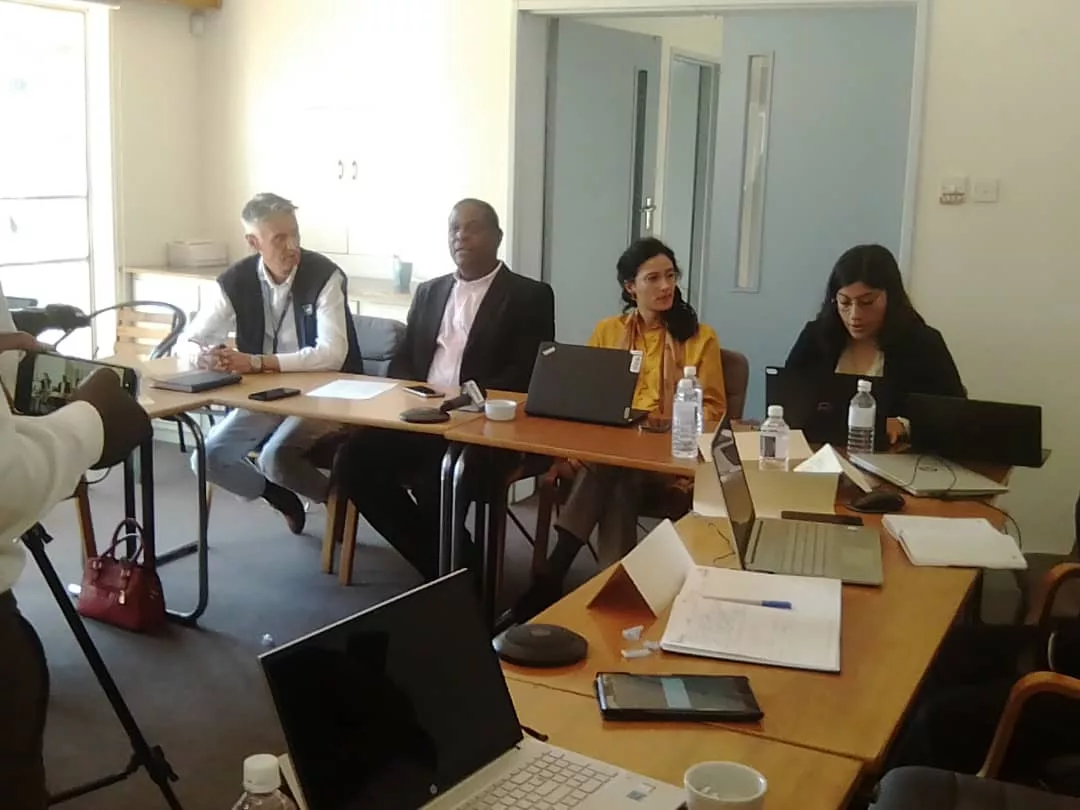|
Getting your Trinity Audio player ready…
|
Writes Ronnie Chisamba
Harare – Zimbabwe, through the Ministry of Primary and Secondary Education (MoPSE), is spearheading the implementation of the Climate Smart Education System initiative (CSESI), in conjunction with UNESCO and Save the Children.
A 3-day workshop to officially launch the implementation of the program began at the UNESCO offices on Wednesday. The capacitation workshop is running under the theme: “Developing a climate risk analysis for the education sector.”
“This initiative is focussing on 20 countries around the world and Zimbabwe is part of the 20 countries that will participate in this Climate Smart Education System Initiative. Zimbabwe is the first country in which we are going to start implementing this initiative. That’s why we are here,” UNESCO lnternational lnstitute for Educational Planning’s associate programme specialist, Mathilde Treguire, said during Wednesday’s press briefing.
Bringing together high-ranking officials from MoPSE, representatives from the UNESCO Regional Office for Southern Africa (ROSA), and the UNESCO International lnstitute for Educational Planning (IIEP) the workshop is meant to, among other things, forge the way forward towards the development of a climate risk analysis for the aforementioned government ministry.
According to a report presented as part of the introduction at the workshop: “Zimbabwe is among the most climate vulnerable countries in the world, ranking 168 out of 185 countries on the Notre Dame Global Adaption lndex in 2021. Climate change stressors such as floods, droughts, and erratic rainfall patterns threaten Zimbabwe’s education system by increasing the frequency of school closures, reducing school enrolment and attendance, damaging schools’ infrastructure, and reducing learning outcomes, health, and well-being of children.”
The chief aim of the CSESI is to equip countries with strategies to adapt to challenges brought about by the negative impacts of climate change to ensure the sustainability of the education sector.
